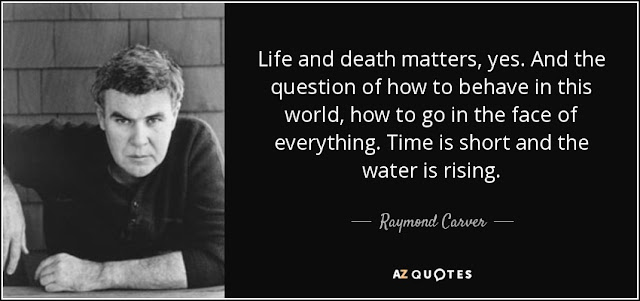A Rose by Any Other Name...
...would probably be a lot easier to research than Rose Auslander, whose birth-date is today. I'd never heard of her, but am conscious there's a great tendency towards Eurocentricty when it comes to the Arts. I also know nothing of any Finnish; Venezuelan; Icelandic or Hausa poets, artists, or musicians.
Born a German-speaking Jew in the Bukovina region, a place of territorial flux, her first collection: Der Regenbogen (The Rainbow), 1939, received critical acclaim; but the print run was destroyed by Nazis in 1941. She was forced to enter Czernowitz Ghetto. Here she met poet Paul Celan (then Antschel), who was a positive influence on her style of poetry, making it more up to date, and vital; shedding the heavy rhyme scheme and classical artifice that was the established form.
Her writing is beautifully tender; led on a scenic journey; a pretty vista that ends with a shock; so much packed into one small space:
Czernowitz
before the Second World War
Peaceful
hill town
encircled by beech woods
encircled by beech woods
Willows
along the Pruth
rafts and swimmers
rafts and swimmers
Maytime
profusion of lilac
Four
languages
Speak to each other
enrich the air
Speak to each other
enrich the air
The
town
breathed happily
till bombs fell
breathed happily
till bombs fell
Rose
Ausländer
[translated
by Vincent Homolka]
 She spent 2 years in the Ghetto. Hiding with her mother in a cellar, witnessing terror and horror all around. Even later, when she secured safety for herself, she returned to occupied territory to nurse her mother in her final days. After her mother died, she suffered a form of breakdown. The trauma she had suffered caused her to only write in English ,up until 1956, when she finally dared return to her Mother tongue, German, and, more astonishingly, return to Germany..
She spent 2 years in the Ghetto. Hiding with her mother in a cellar, witnessing terror and horror all around. Even later, when she secured safety for herself, she returned to occupied territory to nurse her mother in her final days. After her mother died, she suffered a form of breakdown. The trauma she had suffered caused her to only write in English ,up until 1956, when she finally dared return to her Mother tongue, German, and, more astonishingly, return to Germany..
A 2nd collection: Blinder Sommer (Blind Summer) appeared in 1965. She was also able to meet up once more with fellow poet, Paul Celan.

I had to really dig around to find examples of her work, and life. I am indebted to two blogs that brought her to life:
I leave the final words to Rose Auslander herself:
My
Nightingale by
Rose
Ausländer
Once
upon a time my mother was a doe.
The gold- brown eyes
the grace
stayed with her from the doe-time.
Here she was
half angel half human -
the middle was Mother.
When I asked her what she would have wanted to be
she said: a nightingale.
Now she is a nightingale.
Night after night I hear her
in the garden of my sleepless dream.
She is singing the Zion of the ancestors
she is singing the long-ago Austria
she is singing the mountains and beech
forests of Bukowina.
Cradle songs
my nightingale
sings to me night after night
in the garden of my sleepless dream.
The gold- brown eyes
the grace
stayed with her from the doe-time.
Here she was
half angel half human -
the middle was Mother.
When I asked her what she would have wanted to be
she said: a nightingale.
Now she is a nightingale.
Night after night I hear her
in the garden of my sleepless dream.
She is singing the Zion of the ancestors
she is singing the long-ago Austria
she is singing the mountains and beech
forests of Bukowina.
Cradle songs
my nightingale
sings to me night after night
in the garden of my sleepless dream.
[Translated
by Anna Maria Begemann and Elana Levy]
Love
VI by
Rose
Ausländer
We
will meet again
in the lake
you as water
I as lotus blossom
in the lake
you as water
I as lotus blossom
You
will carry me
I will drink you
I will drink you
We
will belong to each other
in everyone’s sight
in everyone’s sight
Even
the stars
will be surprised
here are two beings
transformed back
into their dream
that chose them
will be surprised
here are two beings
transformed back
into their dream
that chose them
[translated
by Vincent Homolka]




Comments
Post a Comment